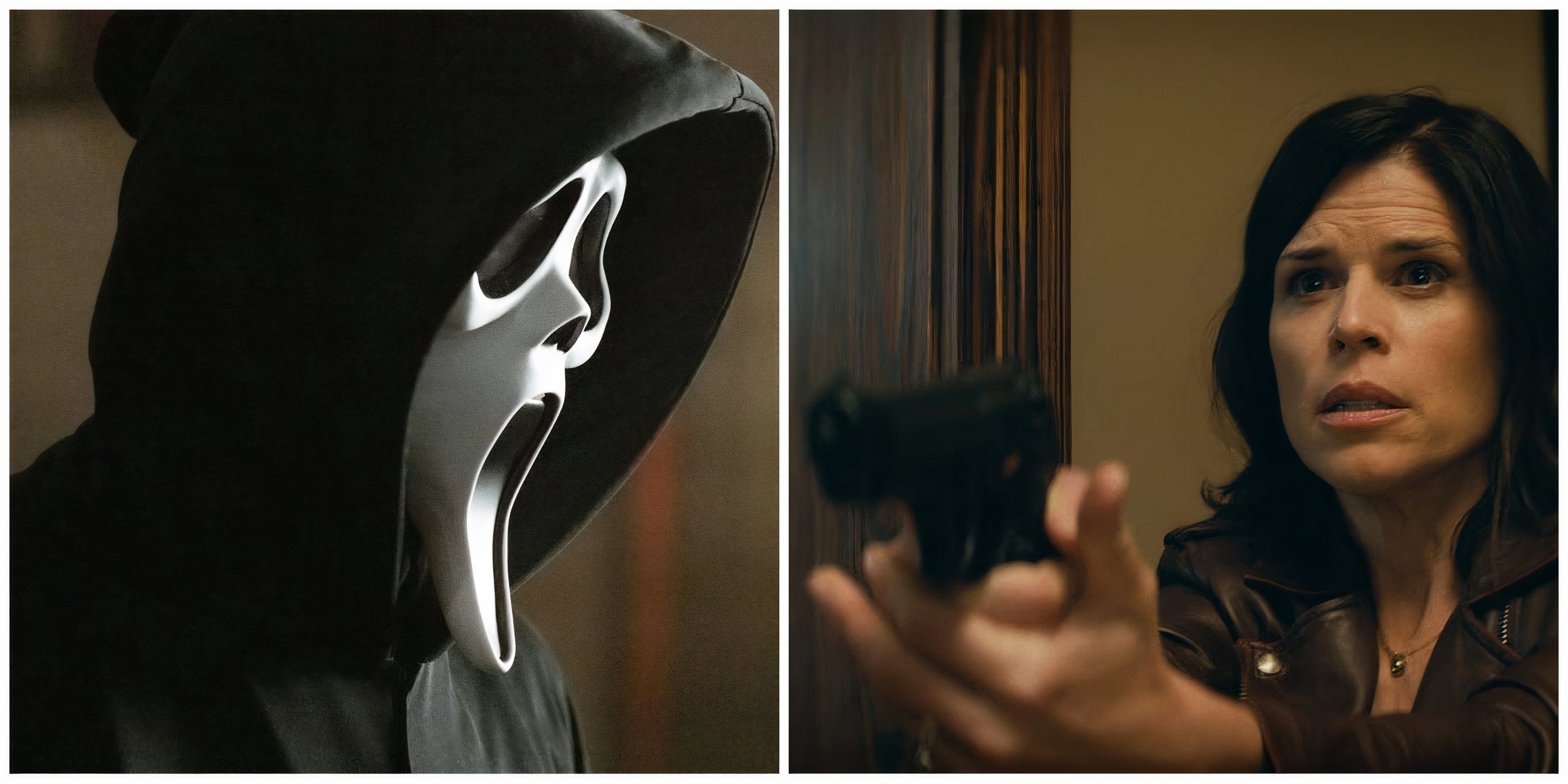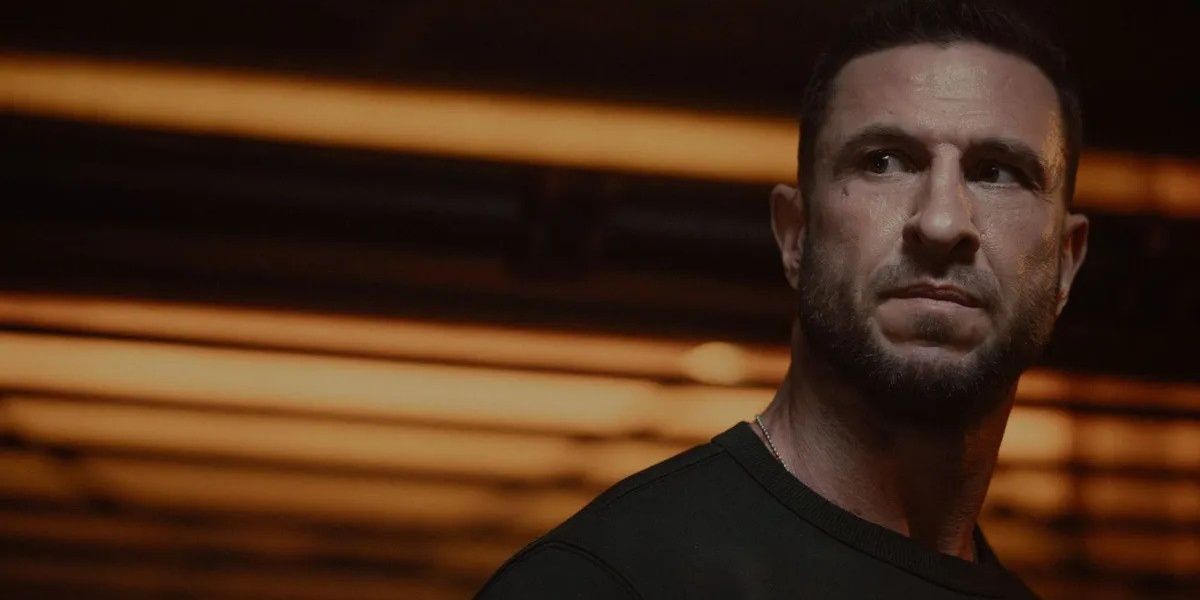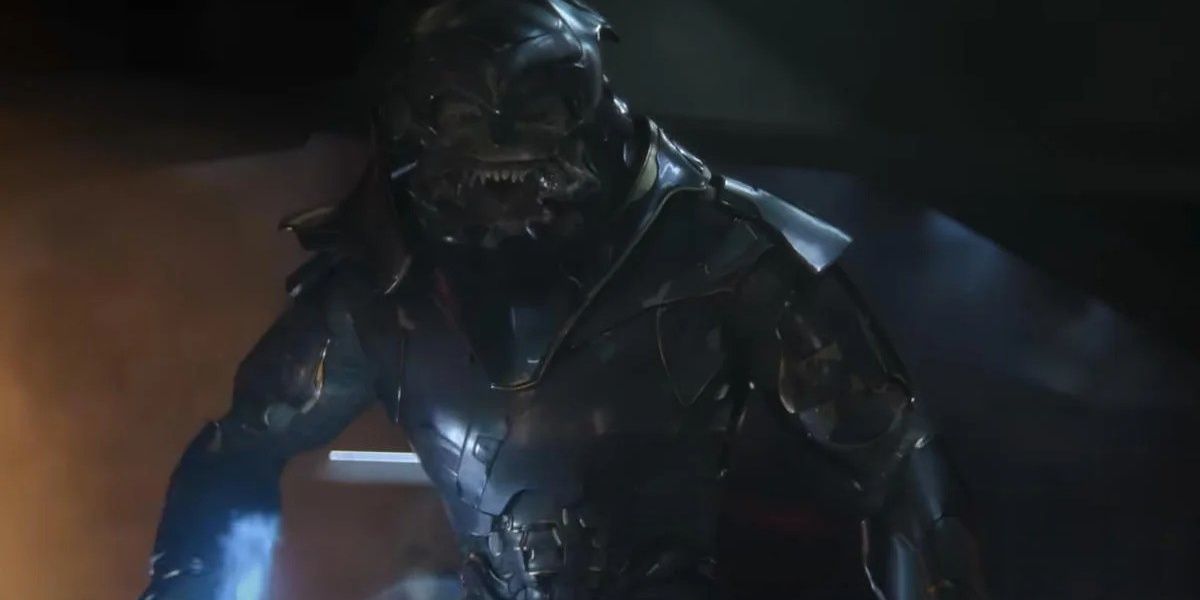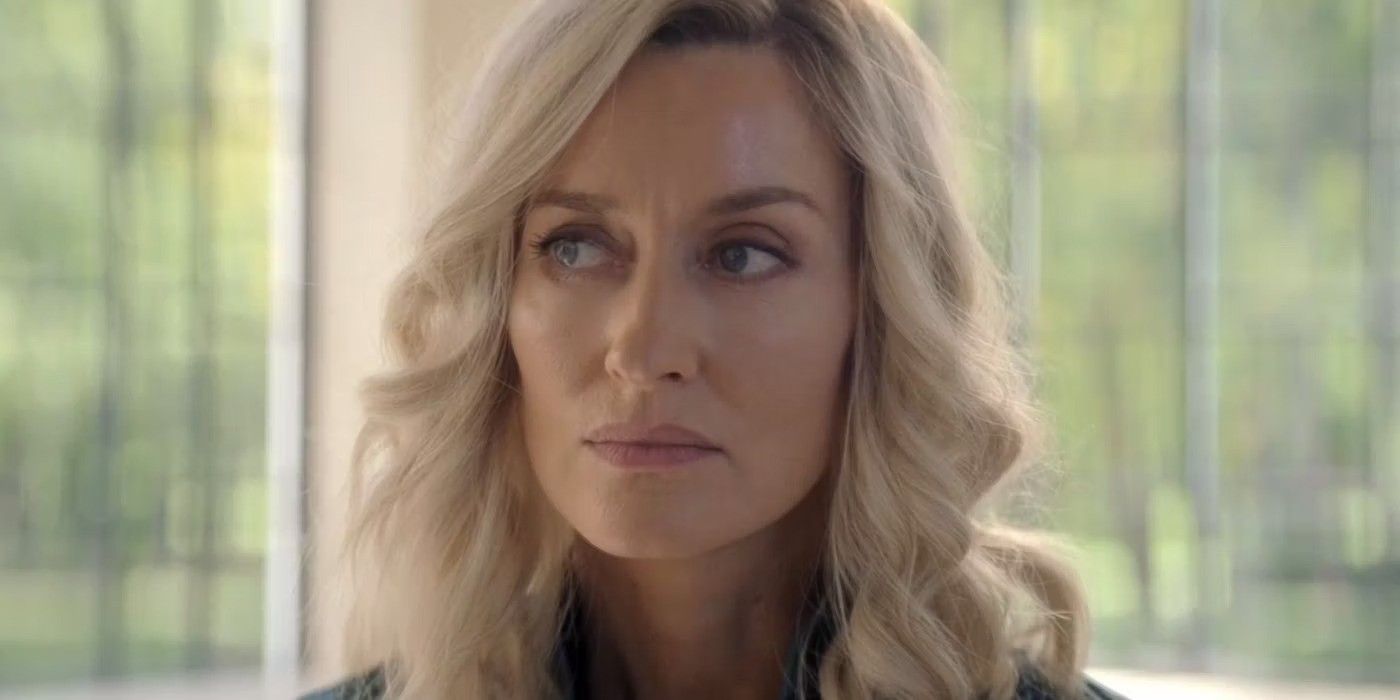A media property can mean different things to varied fans. Halo is a fun, goofy party game to some and the most effective, moving, and powerful narrative in gaming history to others. The extended universe novels allow many to appreciate the franchise's universe for its potential. In season 2, episode 4: "Reach," Halo suffers near-fatal wounds from being pulled in two directions by its place in pop culture. The series may never recover.
"Reach" was directed by Craig Zisk, who also helmed last week's episode. Screenwriter Tom Hemmings is a new voice on the series, though he's credited as a supervising producer for the season's first three episodes. Hemmings works as an editor on various projects, from Netflix's Dracula to BBC's Doctor Foster: A Woman Scorned. Hemmings also directed two well-received short films; "Alpha Beta" and "The Dark."
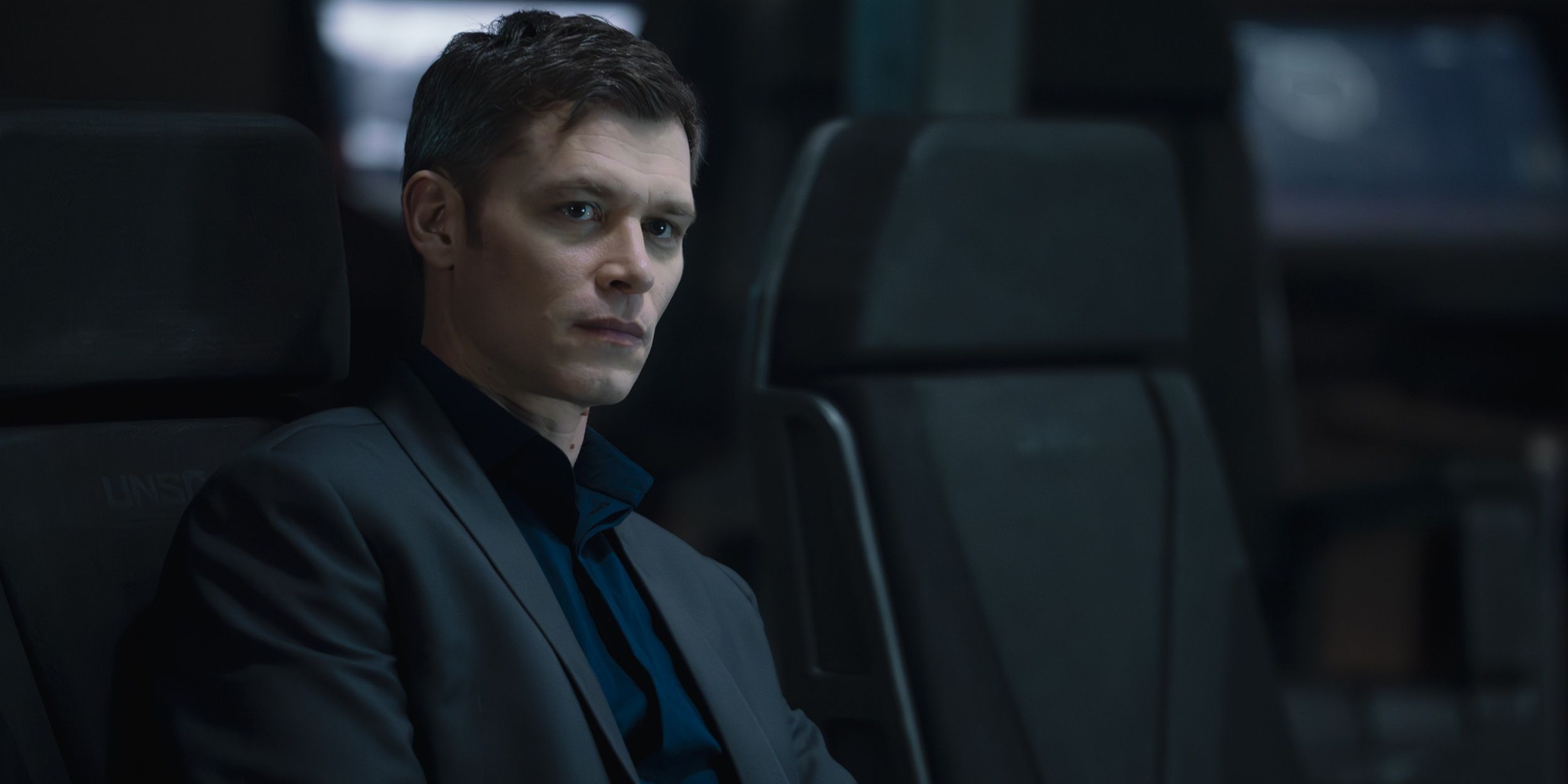
Halo Season 2: Who is James Ackerson?
With Catherine Halsey mostly out of the picture, the Halo show needs a new shadowy figure to lead Master Chief astray.
"Reach" is the moment fans have been waiting for. It's the culmination of every ill-conceived decision involved in making a TV show about Halo. The Covenant is on Reach, where the last episode ended with a bang. The alien menace lacks nuance, but they're a believable threat. The great punchline underneath the Halo franchise is that the fancy weapons and armor weren't developed to fight the Covenant. The all-consuming antagonists were a lucky surprise that drew the super soldier program away from suppressing human insurgents. That mirrors their role in the Halo show. It spent three episodes building up strong themes and hinting toward engaging narrative directions, only to throw all of it away in the most frustrating imaginable way. It's fun when the games bury their story to make room for another hour of context-free shooting galleries. When the show does it, it turns the first three hours of content into a massive, pulsing waste of time.
The narrative thrust of Halo season 2 has been entirely dependent on John-117's identity. It draws hard lines between John, a human being who has undergone more trauma than most could survive, and the Master Chief, a mythic figure of military excellence who exists to inspire his troops. The show wants the audience to ask who John is when the helmet comes off. Its answer, it seems, is that he's the same man with or without it. "Reach" changes the context of his single-minded rush into violence without altering any of its narrative weight. For all the talk about faith and duty, he really is a gun-toting automaton, just about capable of feeling grief when one of his brothers-in-arms dies. Every sacrifice feels unearned, skating by on nostalgia from the games. Every soaring speech falls to the floor with a corpse-like impact. The show sends the Spartans into battle without armor, proudly proclaiming its thesis. Was John supposed to be Luthen Rael, burning his life to create a sunshine he'll never see? Of course not. They've abandoned every hint of Spartan-117 as a human being, repurposing the warriors to face the conveniently-timed alien invasion as always. It's embarrassing to have enjoyed the show previously.
Speaking of embarrassing missed opportunities, Soren-066 finally reaches Catherine Halsey in this episode. Soren has been a compelling figure in previous arcs because his shifting morality and difficult past hold up an engaging mirror to the UNSC. He's a fundamentally selfish man wielding the trauma of his upbringing for personal gain. The implied whisper underneath the pirate's life for him is that his privateer career is almost identical to his original purpose. Halsey stole a boy from the woods and turned him into a weapon. Soren finally confronts the woman who made him who he is, the ghost from his past who lied a six-year-old into signing away his heart, body, mind, and soul to decades of military experimentation and state-sponsored suicide missions. A proportional response might involve leaping over the table and trying to strangle her to death on sight. Soren drops two or three half-hearted quips. When Halsey defends herself from criticism by arguing Soren was born a warrior instead of being coerced as a kindergartner, the show seems to expect the audience to believe her. Every engaging element of this potentially cataclysmic reunion dies instantly as the Covenant invasion supersedes everything.
"Reach" will be many fans' favorite episode of Halo to date. It's an excellent reflection of the games. Just like most first-person shooters of the era, the utterly generic narrative ducks behind cover to let the repetitive sound of gunfire lull the audience into a soothing slumber. The games don't aspire to anything beyond cathartic violence. The cutscenes interrupt the parts most come to enjoy. A TV show doesn't have the benefit of interactive narrative or satisfying gunplay. It rests wholly on the story. Halo season 2 found something worth exploring in the lives and interactions of its Spartans, the complex narrative push-pull of the character motivations, and the grim politics of war. "Reach" is the show displaying its hands plaintively and admitting those engaging narrative threads were fun distractions on the road to its true purpose.
Balancing adaptation and storytelling remains challenging. The writers likely knew the uphill battle they faced when they took on the franchise. The following four episodes have an even greater struggle ahead of them. Will they subvert expectations and return to semi-compelling war drama or lean into their unpleasant destiny as expensive, reference-fueled cutscenes from a shoddy Halo game? "Reach" falls hard, and the show might go down with it.
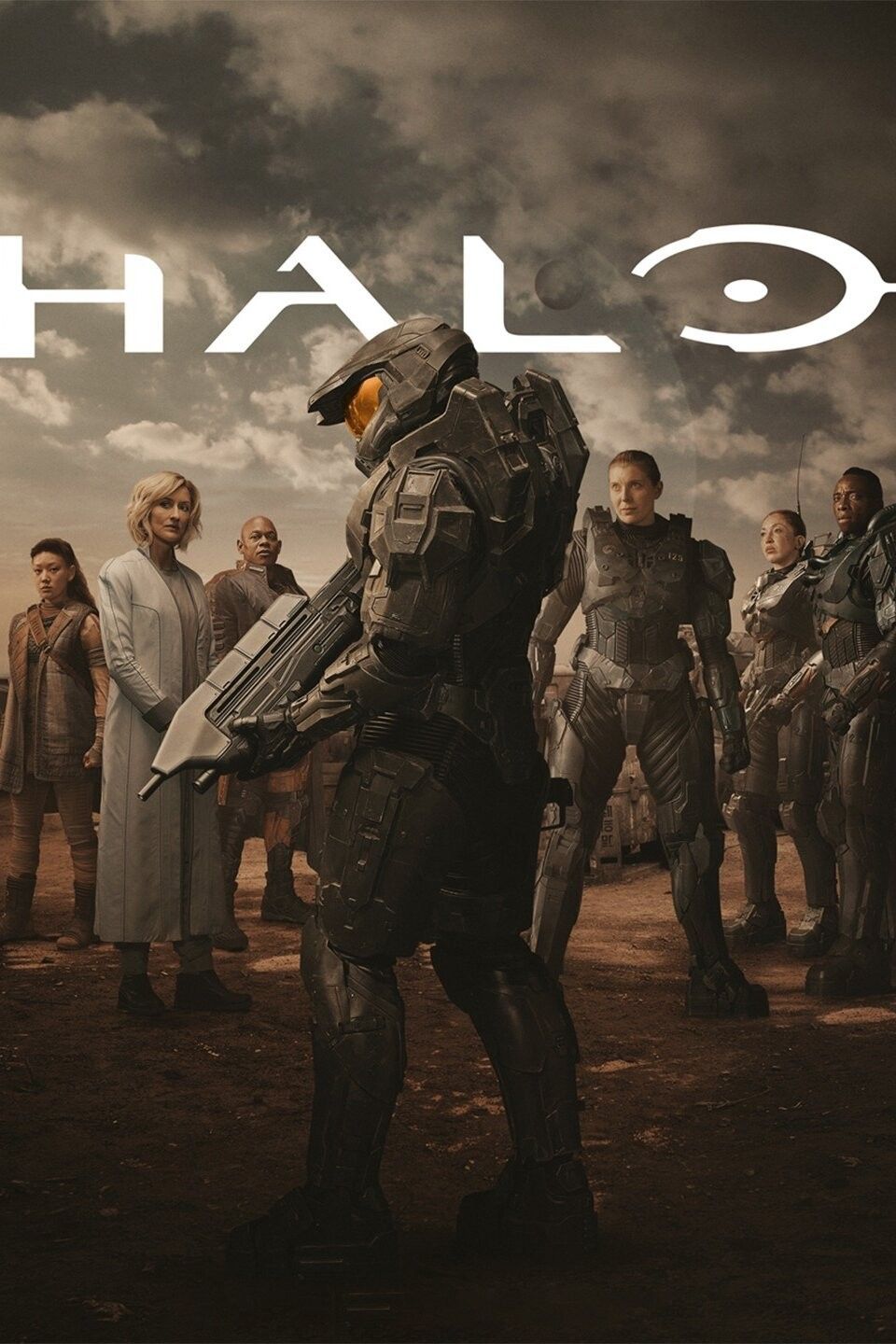
Halo
Season 2, Episode 4: "Reach": The Covenant attacks the Spartan's home, sparking an all-out battle for survival.
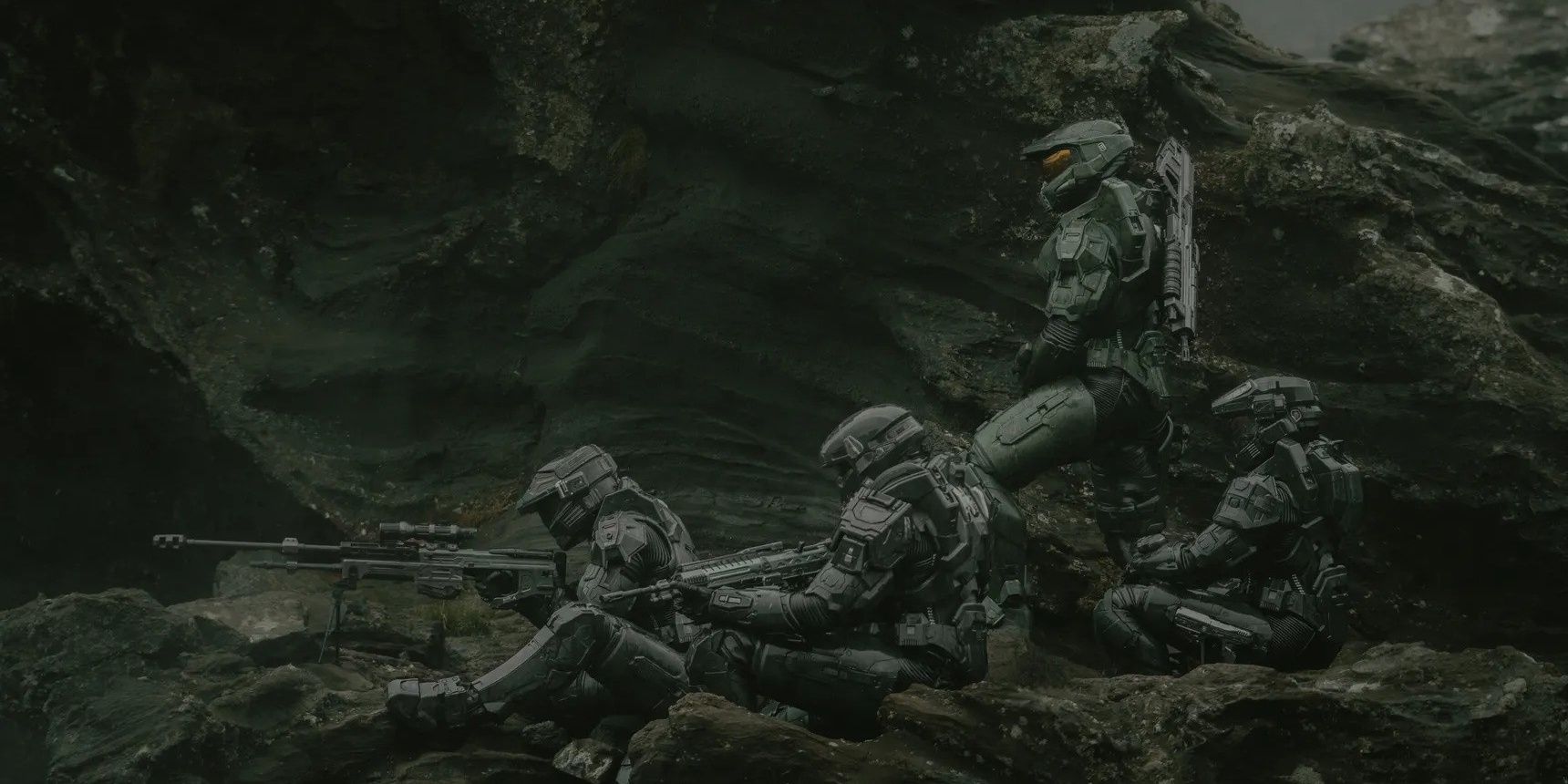
Halo Season 2 Episode 1 Review
Halo's second season premiere kicks off with a killer action scene before ditching most of the first season's narrative to construct a new mess.

